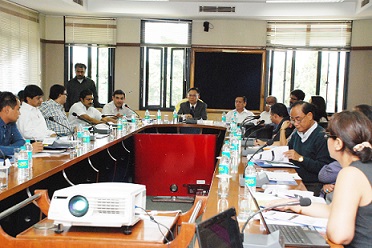 SHILLONG, SEPT 24: The union ministry of labour and employment has ask the Meghalaya government to come up with specific proposals and job melas within three months in the backdrop of incidents of high literacy rate not leading to ‘employability’.
SHILLONG, SEPT 24: The union ministry of labour and employment has ask the Meghalaya government to come up with specific proposals and job melas within three months in the backdrop of incidents of high literacy rate not leading to ‘employability’.
The directives came from the Director General of Ministry of Labour who was in the state on Monday to attend the meeting on skill development in the North Eastern Council (NEC) secretariat in Shillong.
During the meeting, detailed discussions were held on the revised guidelines on Skill Development Intensive Schemes (SDIS) of the Ministry of Labour and Employment.
Since the programme has to be implemented through the state governments, the Director General of Ministry of Labour urged the state government representatives to come up with specific proposals and job melas within the next three months.
The meeting was called to discuss instance of high literacy rate not leading to employable qualification, high incidences of dropout rate at all stages including class 5, class 8 and class 10 and also unemployment rate which are comparatively higher than the national average.
Under the SDIS, the scheme is to be implemented through the state government and provides 100% funding for training cost of youths in different trades both in situ and outside of the north east by any entity, public or private with placement rate of 75% and salary of not less than Rs. 7000.
There are 1400 recognized modules across 70 plus sectors and NCVT certificate are issued to successful candidates. Registration of Vocational Training Providers (VTPs) is to be done online.
A platform is provided to the un-employed youths desirous of joining Skill Development Programmes and various VTPs, as was organized in Itanagar recently.
The youths can identify courses and the institutions where they want to take the training.
Highlighting that substantial increase of fund available for upgradation of ITIs and establishing new ITIs, the union labour ministry senior official however rued to the fact that the funds released for the ITIs to the states were not being utilized by the different states in the north eastern region.
The official pointed out that un-utilized funds is to the extent of 50 per cent in Meghalaya, 70% in Arunachal Pradesh, 60% in Assam, 42% in Mizoram, 80% in Nagaland and 66% in Tripura.
The participants were also informed that funds for Skill Development under NRLM has increased to 25% and the National Urban Livelihood Mission is also approved and that at least 20% of BOCW cess to be used for Skill Development.
The Aajeevika Scheme of the Union Ministry of Rural Development, , which is also to be implemented through the state government provides for 90% of the training cost where the course content is to be certified by NCVT, SSC or other body certified by MoRD, provides boarding and lodging for the trainees, assistance for holding Job Melas, placement incentive to training providers etc.
The chief operating officer and dedicated team for the programme in the states for effective implementation of the programme is not yet identified and established in Arunachal Pradesh, Assam, Manipur, Mizoram, Nagaland and Tripura.
The National Skill Development Corporation which is a public private partnership agency created by the Ministry of Finance also has a mandate to skill 150 million people by 2022 on different skill trades across the board.
The training programmes are to be implemented directly by the training partners with funding from the NSDC.
Trainers are to draw a 10 year plan for training of youths and submit their proposal directly to the NSDC. The representative from the NSDC had urged upon the training institutes operating in the North East States to come forward and take full use of the scheme.
The UDAAN Scheme implemented by the NSDC for Jammu & Kashmir for training of graduates and post graduates where there is direct placement linkage with the industries and corporate bodies could be considered for replication also for the north eastern states. This will help in solving the unemployment problems faced by the graduated youths who otherwise have some difficulties in getting jobs both in the government and private sectors.- By Our Reporter










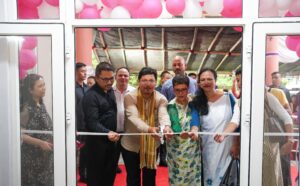

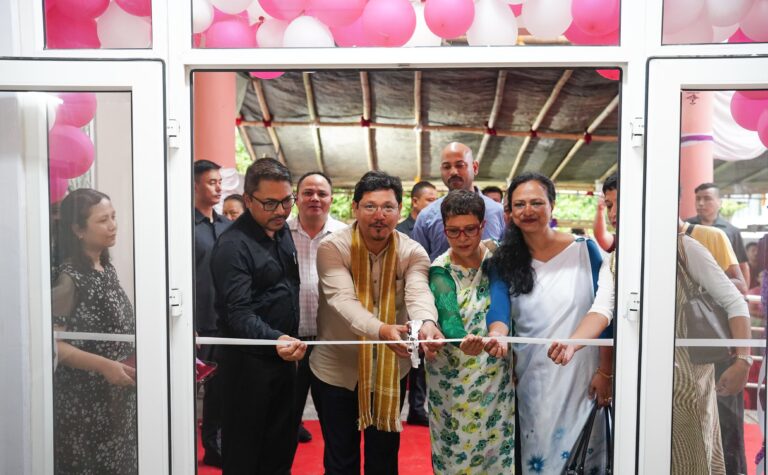
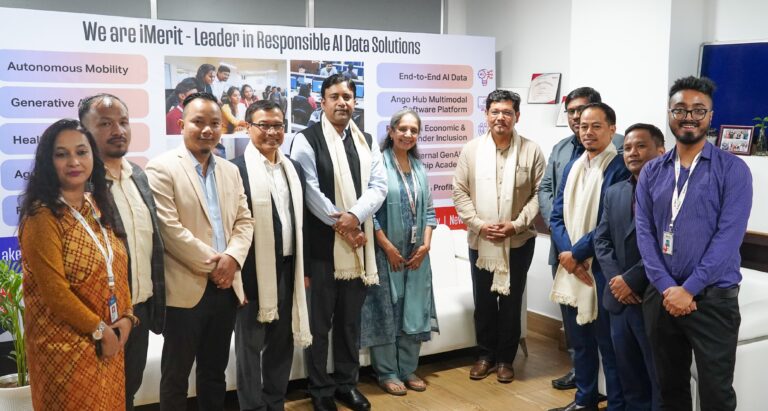
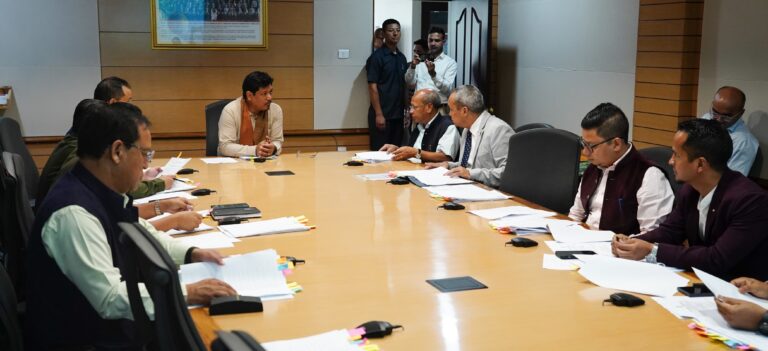
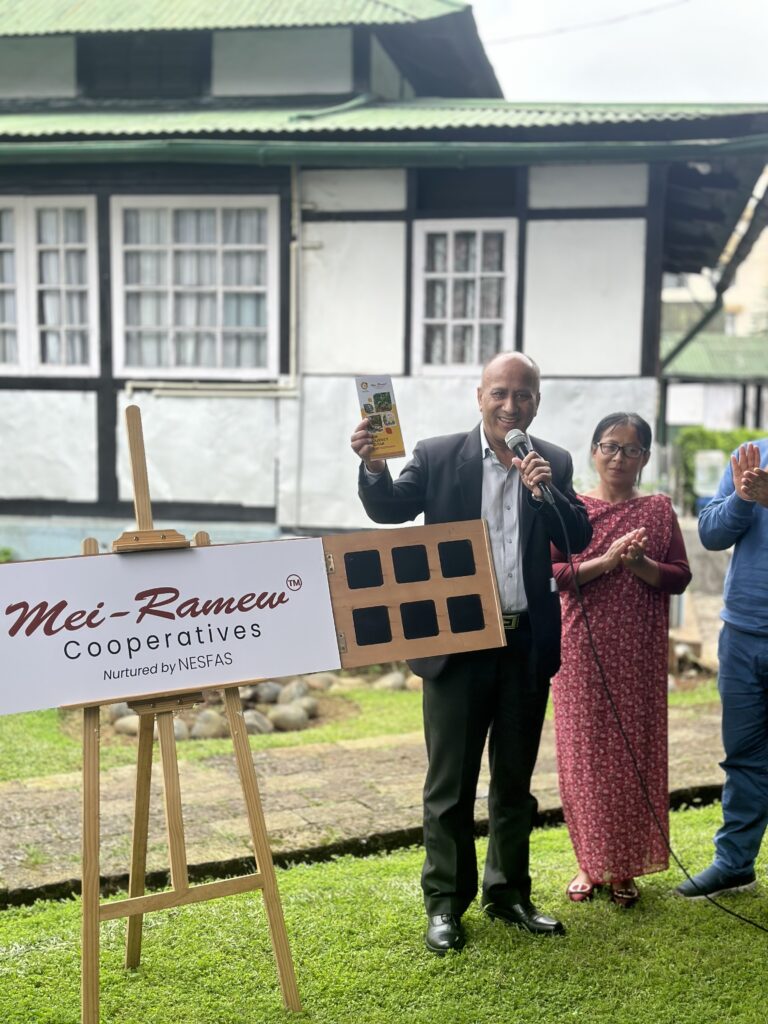
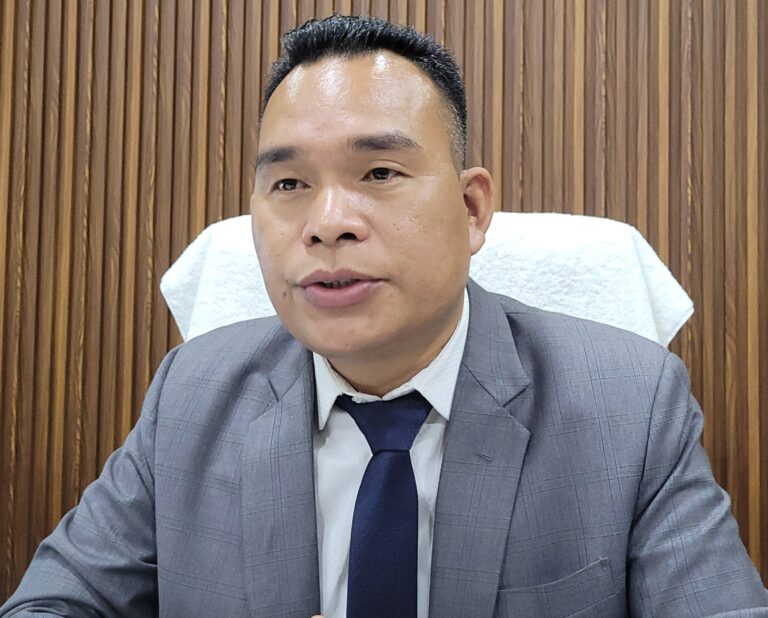
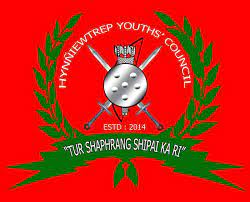


+ There are no comments
Add yours